Over the previous 11 seasons, hundreds and dozens of founders have sold their ideas and commodities to the investors on ABC’s “Shark Tank,” with some being witty and others memorable. Then there are the ones that are making a lot of money. USA Today ranked the top 20 best-selling “Shark Tank” products ever based on sales numbers provided by Sony Pictures, which produces the show, which totaled $1.8 billion in retail sales.
Lori Greiner, one of the Sharks, owns a stake in ten of the top twenty companies. Greiner has brands including Scrub Daddy, a kitchen sponge line with $209 million in sales, and Squatty Potty, a toilet footrest with $164 million in sales Greiner has many interesting and profitable “Shark Tank” companies in her portfolio.
1. Bombas
In a September 2014 season 6 episode, the co-founders of sock manufacturer Bombas received a $200,000 offer from Daymond John for a 17% share in the company. (Many deals alter after the show is taped and due diligence is completed.)
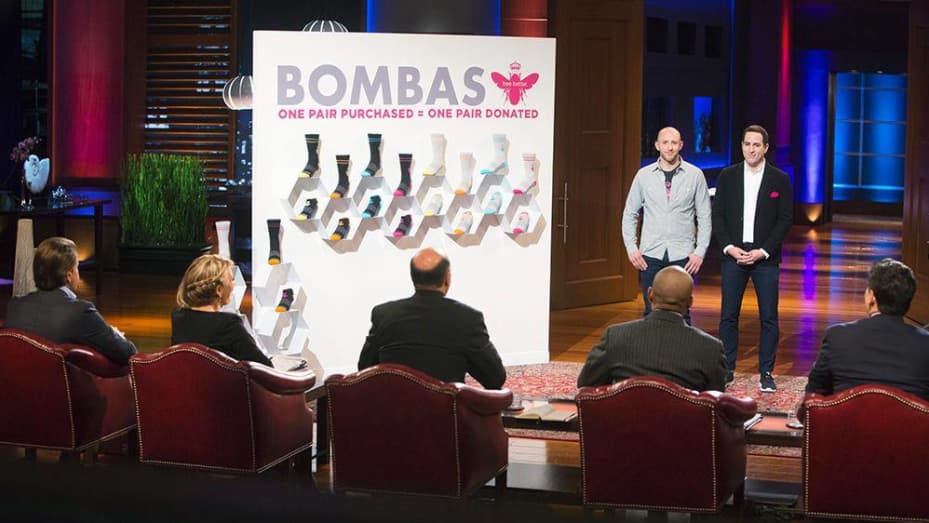
In 2011, Bombas co-founders David Heath and Randy Goldberg were motivated by a Facebook post stating that socks were the most requested apparel item at homeless shelters to build the most comfortable sock imaginable — and to donate a pair for every pair sold.
“How awful that something I’ve never spent more than a few seconds thinking about [how to pay for] might be considered a true luxury for someone else,” she says Heath, co-founder and CEO of Bombas, told CNBC Make It in April.
Bombas is one of John’s top three most successful “Shark Tank” investments.
“Honestly, working with them has been a dream. “They’re laser-focused,” John said in April to CNBC Make It. “I don’t know if they ever call me for anything more than a few words of advise, and then they go out and execute, so there hasn’t been a lot of heavy lifting on my part.” They’ve also taught me the value of when a consumer believes in you and your social mission, and they will support you.”
2. Scrub Daddy
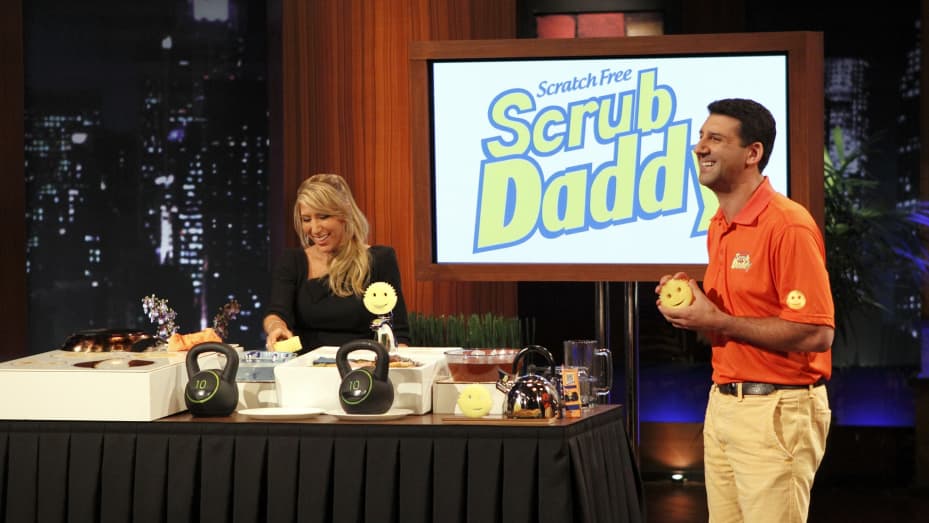
Scrub Daddy has made $209 million in sales since its inception.
Scrub Daddy CEO Aaron Krause, though, told CNBC Make It that he was well prepared for his season 4 “Shark Tank” pitch in 2012.
“What I discovered is that if you’re not prepared, you’re the bait,” Krause told Make It in 2017 at CNBC’s iConic conference. “And the Sharks will devour you.”
Greiner offered Scrub Daddy $200,000 for a 25% stake in the company on Krause’s show, which aired that October.
Grenier stated in 2014 that Scrub Daddy was one of her “greatest investments” on the programme.
3. Squatty Potty
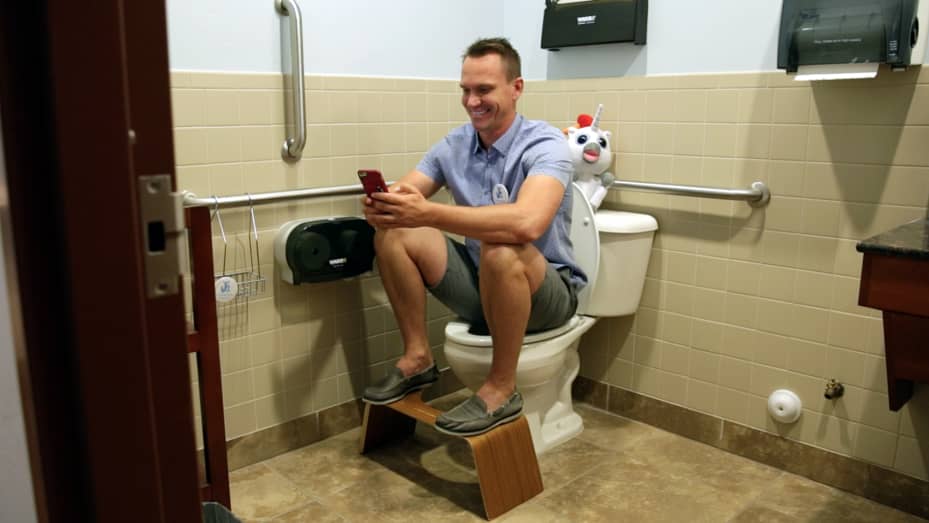
Since 2011, Squatty Potty, a bathroom footstool that promotes “healthy toilet posture” to prevent and treat constipation, has produced $164 million in sales.
“Everyone is thinking, ‘How come I didn’t think of that?'” Bobby Edwards, Squatty Potty’s creator and CEO, told CNBC Make It in 2018. “I’ve proven a lot of people incorrect, and it feels great.”
Squatty Potty was invented by Edwards in order to relieve his mother’s constipation problems.
4. Easily Fit Board
Greiner’s second successful venture is Simply Fit Board, a balance-board fitness gadget with $160 million in lifetime sales.
Greiner gave its mother-daughter co-founders, Gloria Hoffman and Linda Clark, $125,000 for a 20% ownership in Simply Fit Board in a season 7 episode that aired in November 2015.
According to Hoffman, Simply Fit made $1.25 million in sales just 24 hours after the episode aired.
“When you’re a mom who wants to show your kids that everything is possible — and overnight, my whole life transformed,” Hoffman explained during a “Shark Tank” update in December 2016.
5. The Original Comfy
Since its inception, The Original Comfy, a firm that offers blanket-sweatshirt hybrids, has made $150 million in sales.
According to USA Today, the creators’ “Shark Tank” pitch, which aired in December 2017 on season 9, was Barbara Corcoran’s “favourite pitch.”
“I thought they were insane since all they had was a sweatshirt-blanket contraption with a hood,” Corcoran added.
Finally, Corcoran believed the product had the potential to go viral and offered $50,000 in exchange for a 30% share in the company.
6. Tipsy Elves
Since 2011, Tipsy Elves, a firm that distributes ugly Christmas sweaters, has made $125 million in sales.
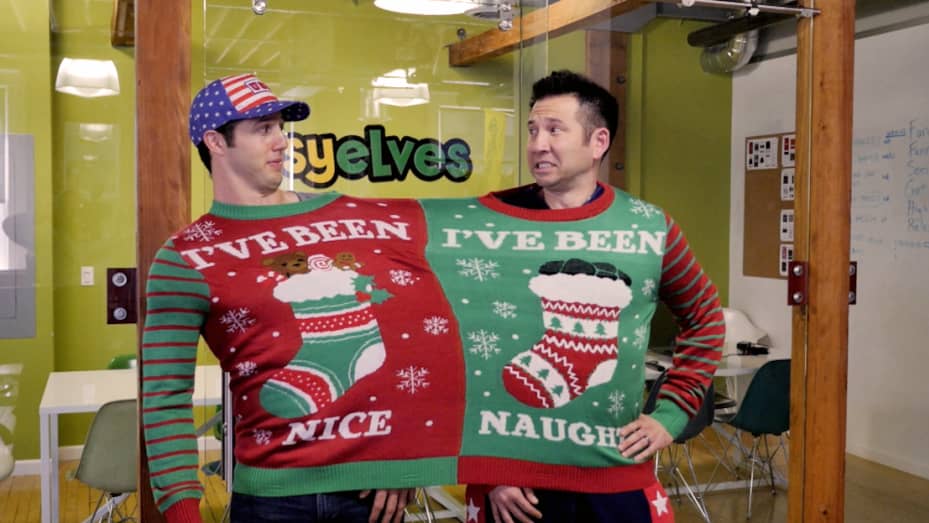
Tipsy Elves was Robert Herjavec’s most successful “Shark Tank” venture, he told CNBC Make It in April 2019.
“I gambled on the men, not the goods,” Herjavec explained to Make It. “They quit their safe, comfortable careers to sell inappropriate, ugly Christmas jumpers online.” Anyone crazy enough to accomplish that must truly believe in the concept.”
On the season 5 episode that aired in December 2013, Herjavec gave the founders $100,000 in exchange for a 10% ownership in the company.
7. The Bouqs
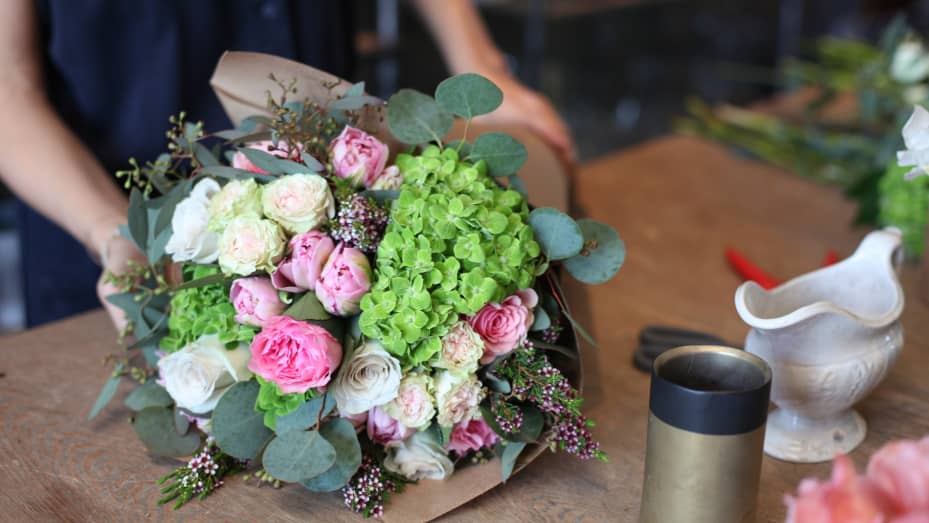
The owners of The Bouqs, an online flower bouquet supplier, did not receive any offers during their season 5 pitch, which aired in May 2014 – although Herjavec later invested in the company.
“Robert Herjavec reached out to me three years after the show to ask if we could arrange the flowers for his impending wedding,” The Bouqs co-founder John Tabis told CNBC in March.
‘Come see me,’ [Tabis] said. ‘I’ll explain the flower industry to you.’ [He] draws it out for me, demonstrating what they’re doing. “I’m like, ‘I adore it,'” Herjavec stated in a February 2017 blog post for The Bouqs. “So I participated in their last round.” We recently raised $24 million.”
8. Sleep Styler
Sleep Styler, a firm that sells heat-free hair rollers, made an appearance on season 8 of “Shark Tank” and piqued Greiner’s interest.
“I felt I’d be able to really help [creator] Tara [Brown] get this product out there in such a quick and comprehensive way that the Sleep Styler would become a household name within a year,” Greiner told Success magazine in August 2017. “Within five minutes of seeing Tara pitch, I had already envisioned a fantastic concept.”
On an episode that aired in March 2017, Grenier offered Brown $75,000 in exchange for a 25% stake in the company.
9. Lovepop
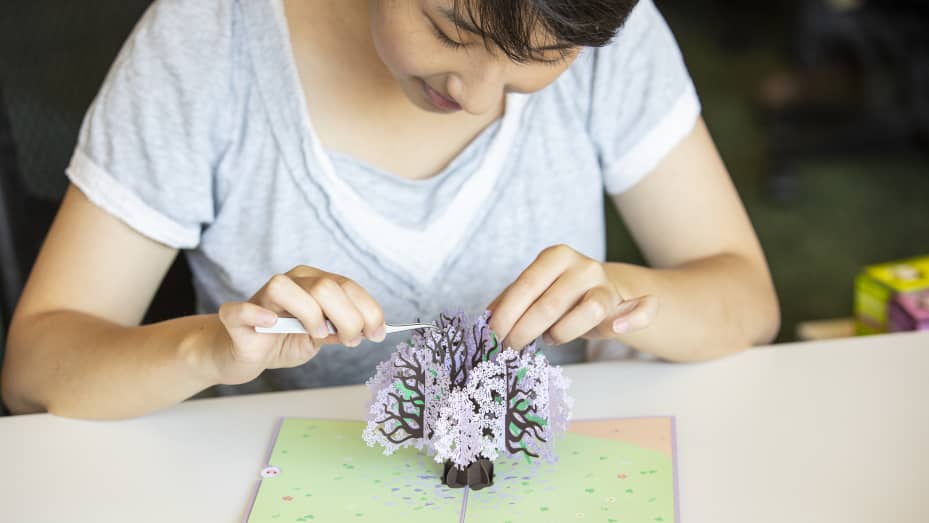
Kevin O’Leary awarded Wombi Rose and John Wise, co-founders of Lovepop, a pop-up greeting card supplier, $300,000 in return for a 15% ownership in the business when they featured on season 7 of “Shark Tank” in December 2015.
Lovepop has now earned $80 million since its inception.
Rose and Wise were naval architecture students with a passion for ship design before founding Lovepop.
10. Cousins Maine Lobster
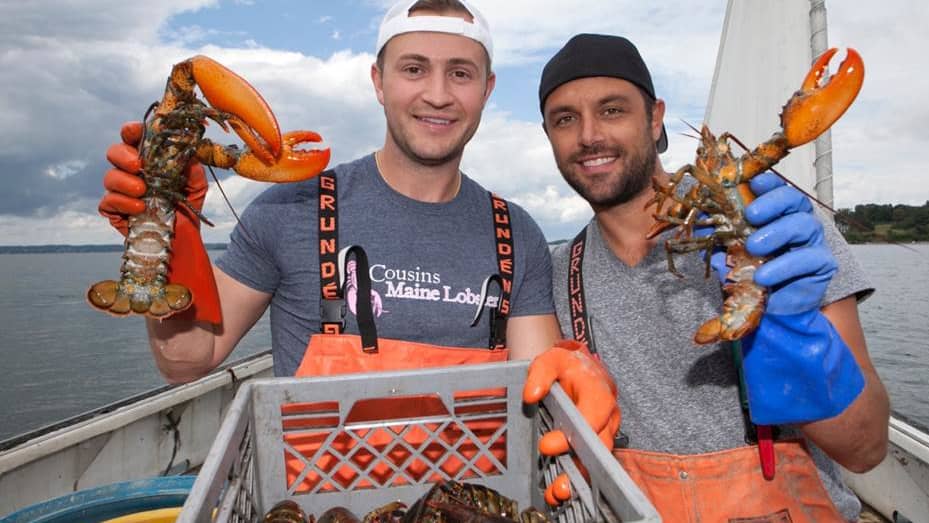
Cousins Maine Lobster, a seafood truck company, participated in an episode of “Shark Tank” that aired in October 2012.
Sabin Lomac and Jim Tselikis, co-founders, claim the show altered everything for their company.
Tselikis said in a June 2016 editorial for CNBC Make It, “Barbara’s influence on the company was felt from day one,” referring to Barbara Corcoran, who handed them $55,000 in exchange for a 15% ownership in the company. “Within a few months, we were able to expand our fleet (one truck became two, which quickly became four), and the roaming lobster shacks were sweeping Southern California.”












